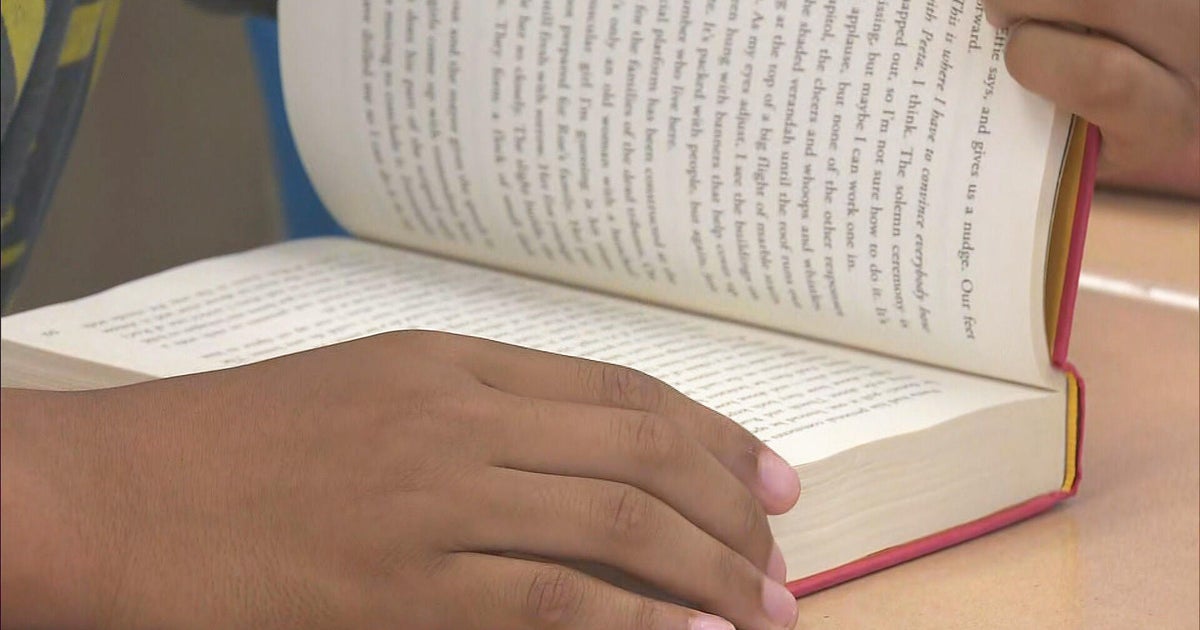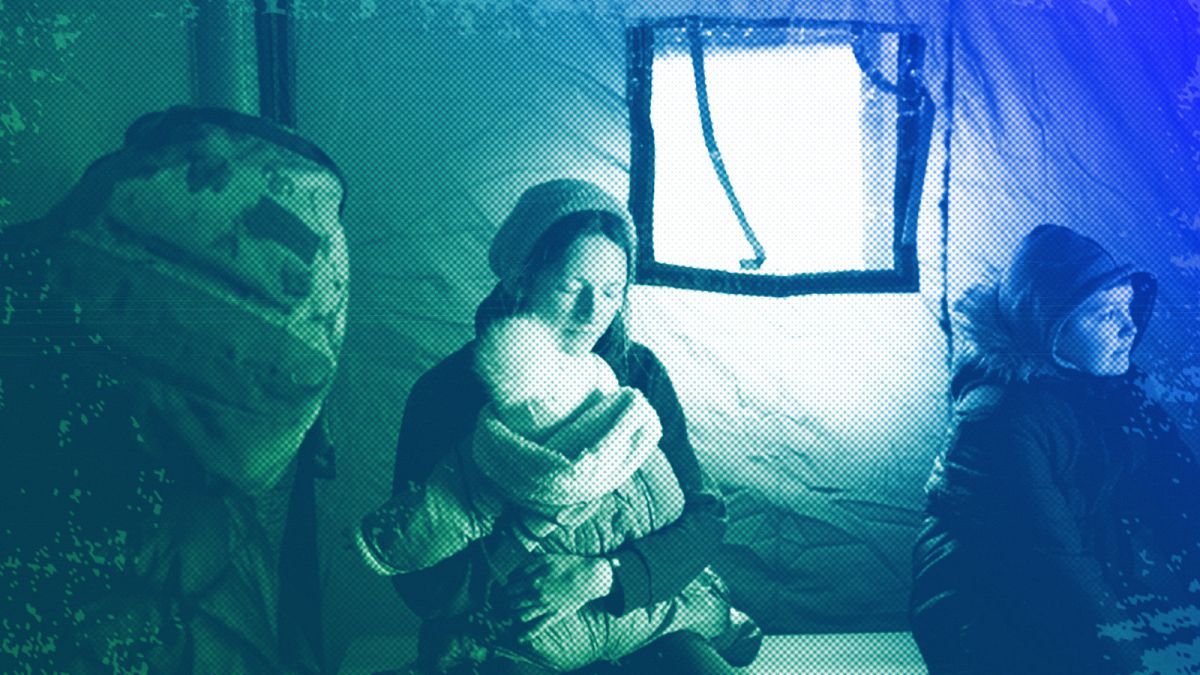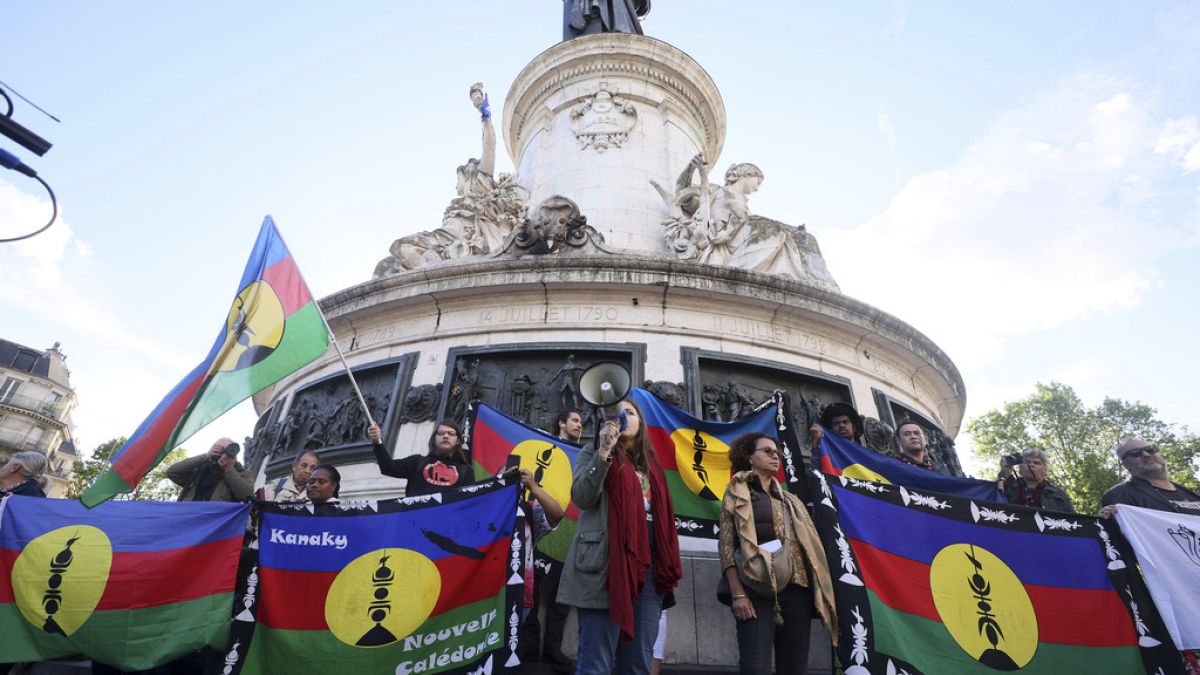World
EU watchdog demands answers on controversial Tunisia migration deal
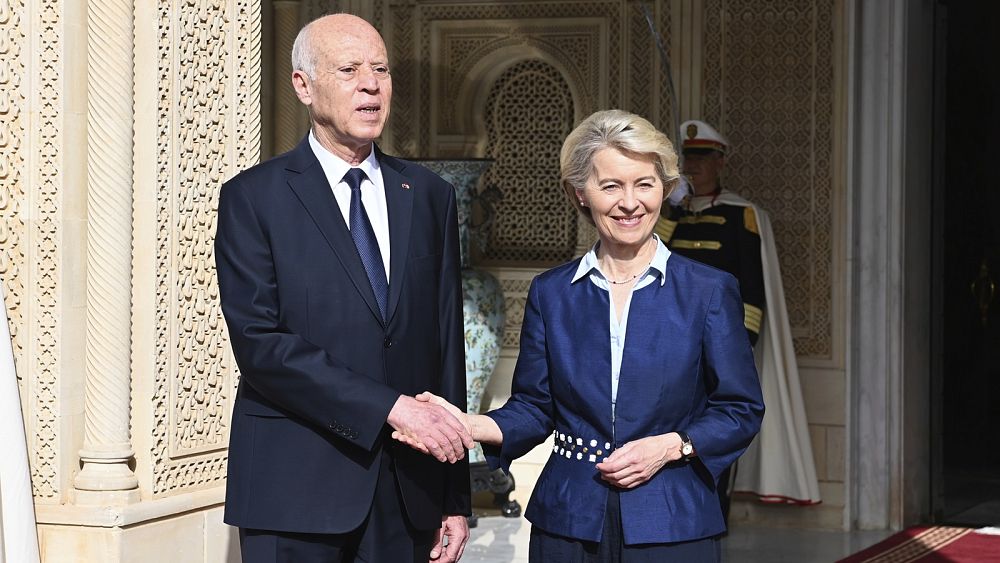
The European Ombudsman is seeking clarifications on the contentious EU-Tunisia deal signed in July amid concerns of human rights violations.
The watchdog body, led by Emily O’Reilly, wants the European Commission to spell out what sort of safeguards, if any, have been introduced in the agreement to make sure the Tunisian authorities respect fundamental rights in their operations to curtail irregular flows of migration.
The Commission has until 13 December to explain whether it carried out an “impact assessment” before concluding the deal on behalf of all EU states and how it intends to review the impact on human rights over time.
“The Ombudsman also asked whether the Commission has defined criteria for suspending funding if human rights are not respected,” the watchdog said in a press release, noting that “concerns have been raised about the agreement.”
The letter comes a day after Tunisia denied entry to a five-member delegation of the European Parliament and further increases scrutiny over the contentious deal.
So far, the EU-Tunisia agreement has earmarked over €700 million in bloc funds to help Tunisia stabilise its economy, manage migration and boost renewable energy, and includes the possibility of an additional €900 million in macro-financial assistance.
‘Documented abuses’ against migrants
While no amount of money has been released yet, the agreement has attracted intense criticism from the European Parliament and civil society organisations.
They say Tunisia, under the strong-arm leadership of President Kais Saied, has repeatedly engaged in human rights violations and orchestrated the forceful deportation of sub-Saharan migrants, many of whom have been found abandoned in the middle of the desert near the Libyan border.
Shortly after the signature of the deal, Human Rights Watch released a report detailing the “documented abuses” that Tunisian law enforcement had committed against black Africans, such as “beatings, use of excessive force, some cases of torture, arbitrary arrests and detention, collective expulsions, dangerous actions at sea, forced evictions, and theft of money and belongings”.
Saied has been a particular target of criticism. The Tunisian president has publicly expressed his racist views of sub-Saharan migrants and denounced what he calls a “criminal plan to change the composition of the demographic landscape of Tunisia,” incendiary words that echo the far-right conspiracy theory known as the “great replacement.”
Despite the concerning evidence, the European Commission pushed ahead with the signature of the memorandum, arguing it was necessary to establish a closer partnership with a country that represents a gateway for thousands of migrants who every year attempt to enter the bloc, mainly through Italy, and request asylum.
European Commission President Ursula von der Leyen has touted the deal as a blueprint for similar arrangements with neighbouring countries.
“We have signed a partnership with Tunisia that brings mutual benefits beyond migration; from energy and education, to skills and security,” said von der Leyen in her State of the Union speech. “And we now want to work on similar agreements with other countries.”
€105 million for migration
Specifically, the memorandum allocates a financial envelope of €105 million to combat anti-smuggling operations, reinforce border management and speed up the return of asylum seekers whose applications are denied.
The money, which is the crux of the Ombudsman’s concerns, is expected to be provided to the Tunisian authorities in the form of search-and-rescue boats, jeeps, radars and drones; and to international organisations that work on the ground, like the International Organization for Migration (IOM) and the United Nations Refugee Agency (UNHCR).
The promised €105 million is still under negotiations and needs to be translated into a legal instrument before disbursements begin, said a European Commission spokesperson. Member states will be consulted across the process.
“We will cooperate with the Ombudsman and we will be replying in due course,” a spokesperson said on Friday afternoon. “Broadly speaking (…) all EU contracts obviously have standard clauses of human rights.”
Senior EU officials have previously said payments would not be linked to any numerical target of annual readmissions or reduction of arrivals, and Tunisia would not be asked to host in its territory non-Tunisian nationals who have been denied asylum in the bloc.
“Tunisia is not foreseen to be a collecting point for irregular migrants,” a senior EU official said in July, speaking on condition of anonymity.

World
French forces clear New Caledonia roadblocks as official vows to end unrest

Dozens of barricades dismantled along key road linking airport to capital Noumea, French officials say.
French forces trying to stem unrest in the Pacific island territory of New Caledonia have cleared dozens of barricades that had been blocking the main road linking the airport to the capital, Noumea, a senior official said.
Around 60 barricades that protesters had put up along the 60km (37-mile) road have been dismantled, but the road is not yet open as debris needs to be cleared, which will take several days, Louis Le Franc, the territory’s high commissioner, said on Sunday.
In a televised address, Le Franc also pledged to restore order in New Caledonia after at least six people were killed and hundreds more injured in protests that erupted last Monday in anger over a contentious constitutional amendment.
The Indigenous Kanak people – who make up about 40 percent of the population in the French territory – have slammed the new rules that will change who is allowed to participate in elections, which local leaders fear will dilute the Kanak vote.
“Republican order will be re-established whatever the cost,” Le Franc said on Sunday, adding that if separatists “want to use their arms, they will be risking the worst”.
The French territory off northeastern Australia has long been riven by pro-independence tensions, but this is the worst violence seen in decades.
France deployed troops to New Caledonia’s ports and international airport, and it also banned TikTok as the government imposed a state of emergency on May 16.
Three of those killed were members of the Kanak community and two were police officers.
A sixth person was killed and two seriously injured on Saturday during what French police said was a gun battle between two groups at a roadblock in Kaala-Gomen. The police did not identify the groups.
Some 600 heavily armed police and paramilitaries took part in the operation on Sunday to retake the main road from the capital to the airport, authorities said.
Forces with armoured vehicles and construction equipment destroyed 76 roadblocks, France’s Interior Minister Gerald Darmanin said in a post on social media.
The minister said more than 200 arrests had been made, adding that “there are still many obstacles to be lifted to impose republican order”.
Dominique Fochi, secretary-general of the leading independence movement in the territory, urged calm but said the French government must suspend the constitutional change.
“We need strong actions to calm the situation, the government needs to stop putting oil on the fire,” Fochi told the Reuters news agency.
The presidents of four other French overseas territories – La Reunion in the Indian Ocean, Guadeloupe and Martinique in the Caribbean and French Guiana in South America – on Sunday called for the withdrawal of the voting reform in an open letter.
“Only a political response can halt the rising violence and prevent civil war,” they warned, saying they “call on the government to withdraw the constitutional reform bill aiming to change the electoral roll … as the precursor to a peaceful dialogue”.
French President Emmanuel Macron will hold a defence and national security council meeting on Monday evening to discuss the situation in the territory, the Elysee Palace said.
World
‘SNL’ Cold Open Riffs on Trump Trial and His VP Picks

The 49th season finale of “Saturday Night Live” opened with James Austin Johnson as Donald Trump speaking at the barricades of a Manhattan courthouse, in a nod to Trump’s ongoing legal woes amid his presidential campaign.
During the sketch, Johnson as Trump spoke about his “weird and depressing” state at the courthouse, saying, “I don’t like being in court because they say very mean things about me as I’m trying to sleep.” (It was reported that Trump fell asleep in court during proceedings.) He goes on to say, “Now that my defense is supposed to begin on Monday, I would love to testify; I’m not afraid to testify at all, I’m just not going to out of fear.”
He continues to say how he doesn’t want to go back to the White House, “But it appears people want to send me there.” Johnson’s Trump pokes fun at Trump’s rigged election claims, too. “For me, it’s much better for me to not win and say it was rigged.”
Making fun of Trump’s sexist comments about women (and how he once said Heidi Klum is “no longer a 10”), Johnson, as Trump says of a juror at his trial, “They call her juror 9, but to me, she’s like a six, baby.”
Johnson’s Trump then introduced three of his potential VP candidates. “We love to say ‘VP’, like ‘Veep’ with Elaine from ‘Seinfeld.’ She can’t dance!” He says he won’t announce his VP just yet. “In many ways, it will be determined by the winner of the Jake Paul-Mike Tyson fight.” Trump says he’s invited a few people from “my short bus––I mean my shortlist.”
He brings out South Carolina Governor Tim Scott (played by Devon Walker). “I’m here to help Trump win the Black vote,” he says. Trump adds, “I’m more popular than you among the Blacks, which is really saying something.” Walker, as Scott says, “Black people have called my support humiliating, but trust me, I am my own man!”
Trump then brings out South Dakota Governor Kristi Noem (played by Heidi Gardner), wearing a red MAGA hat, holding a stuffed dog, and pointing a fake gun at the dog (a reference to her shooting a dog). “She shot a dog, which you really can’t do…but on the other hand, she shot a dog, which is pretty awesome.” Gardner, as Noem chimes in and says, “I kill goats, too!”
Finally, he wheels out his final VP pick, “The late great Hannibal Lecter!” Trump says, as Mikey Day as Hannibal Lecter is wheeled out in an orange jumpsuit and wearing the famous mask. “I think he’d really scare everybody at the border. “Get him out of here, he’s giving me Pence vibes,” says Trump, as Hannibal Lecter is then wheeled away.
Trump says it’s going to be “the summer of Trump. You’re gonna get that Trump espresso,” he sings in a reference to a Sabrina Carpenter song. Johnson, as Trump says he’ll be selling more Trump Bibles as well, along with a “Trump Torah.”
Trump finishes the cold open shouting, “In the words of my mentor, the late great Hannibal Lecter, “Live from New York, it’s Saturday night!”
This week’s “SNL” host is actor Jake Gyllenhaal, and Sabrina Carpenter stars as the week’s musical guest.
Watch the sketch below:
World
Blue flash caught in night sky over Spain, Portugal lights up social media
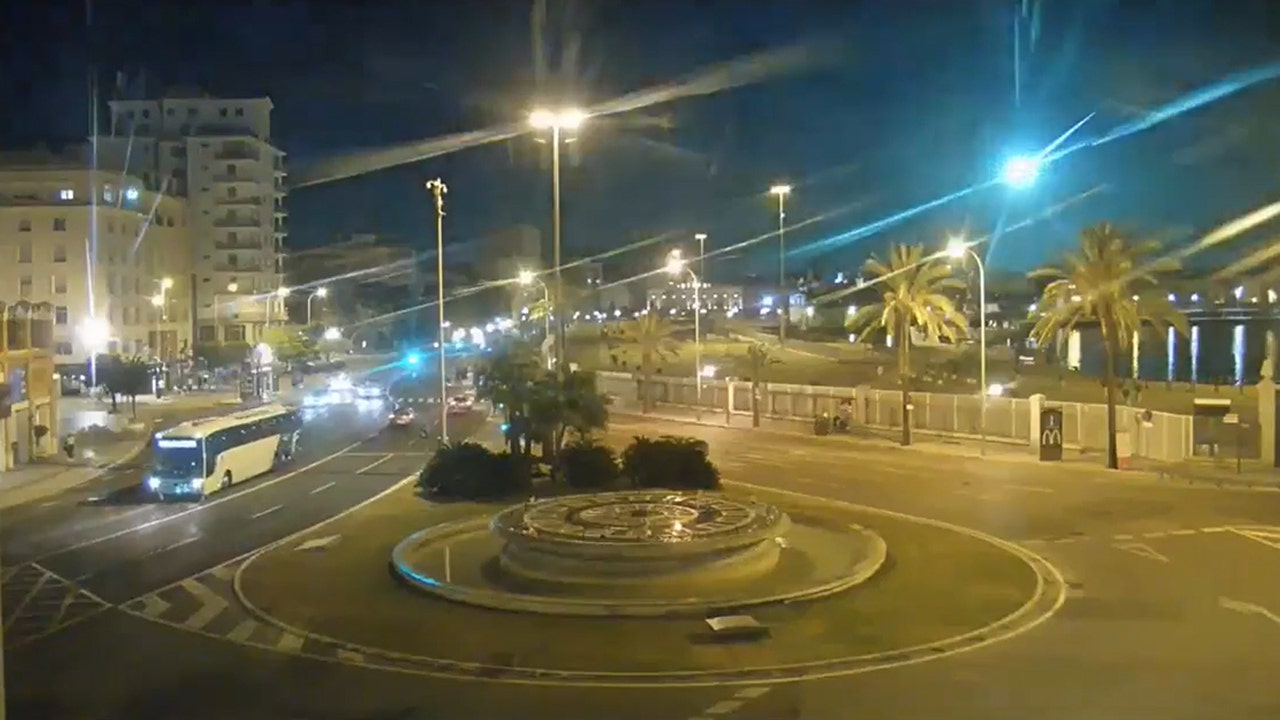
It’s a bird… it’s a plane… it’s a blue meteor? Fireball? Piece of a comet?
Whatever it was, it lit up the night sky for millions of people early Sunday morning in Spain and Portugal. Social media users took stunning pictures and videos for all to revel in the natural science phenomenon.
The spectacular sight crossed the night sky at 12:46 a.m., according to CCTV footage released by the mayor’s office in Cádiz.
The European Space Agency (ESA) Operations says the “blue meteor” everyone is referring to was actually “a small piece of a comet” that flew over the European countries at the speed of 45 kilometers a second, which is equivalent to almost 28 miles.
MERGER OF MASSIVE BLACK HOLES FROM EARLY UNIVERSE UNCOVERED BY WEBB TELESCOPE, SCIENTISTS SAY
It burned up over the Atlantic Ocean at an altitude of 60 kilometers, or more than 37 miles above the surface.
“The likelihood of any meteorites being found is very low,” ESA Operations tweeted after the agency’s Planetary Defence Office analyzed the size and trajectory of the object.
SCIENTISTS DISCOVER LARGE, ‘COTTON CANDY-LIKE’ PLANET WITH UNUSUALLY LOW DENSITY
The night sky in Cadiz, Spain, prior to the fireball’s appearance. (Ayuntamiento de Cadiz via Storyful)
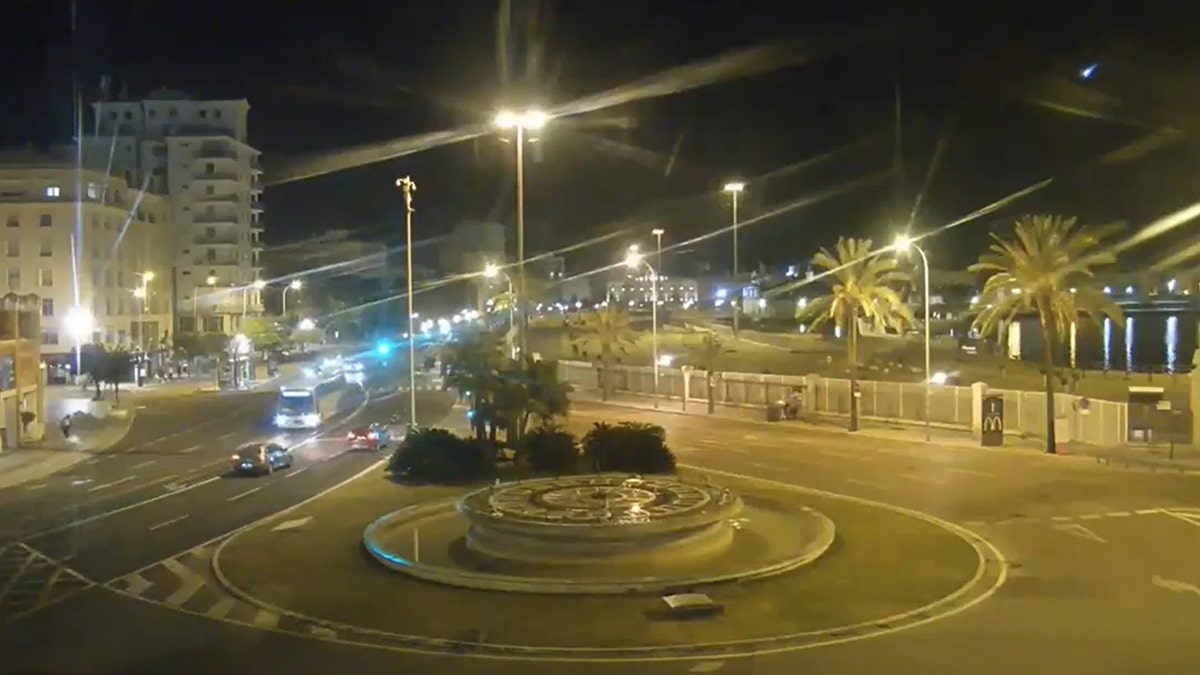
The moment the blue fireball first appeared on the camera rolling at the Cadiz mayor’s office. (Ayuntamiento de Cadiz via Storyful)
National Aeronautics and Space Administration explains the color was likely due to magnesium, and that “meteor color depends on whether the metal atom emissions or the air plasma emissions dominate.”
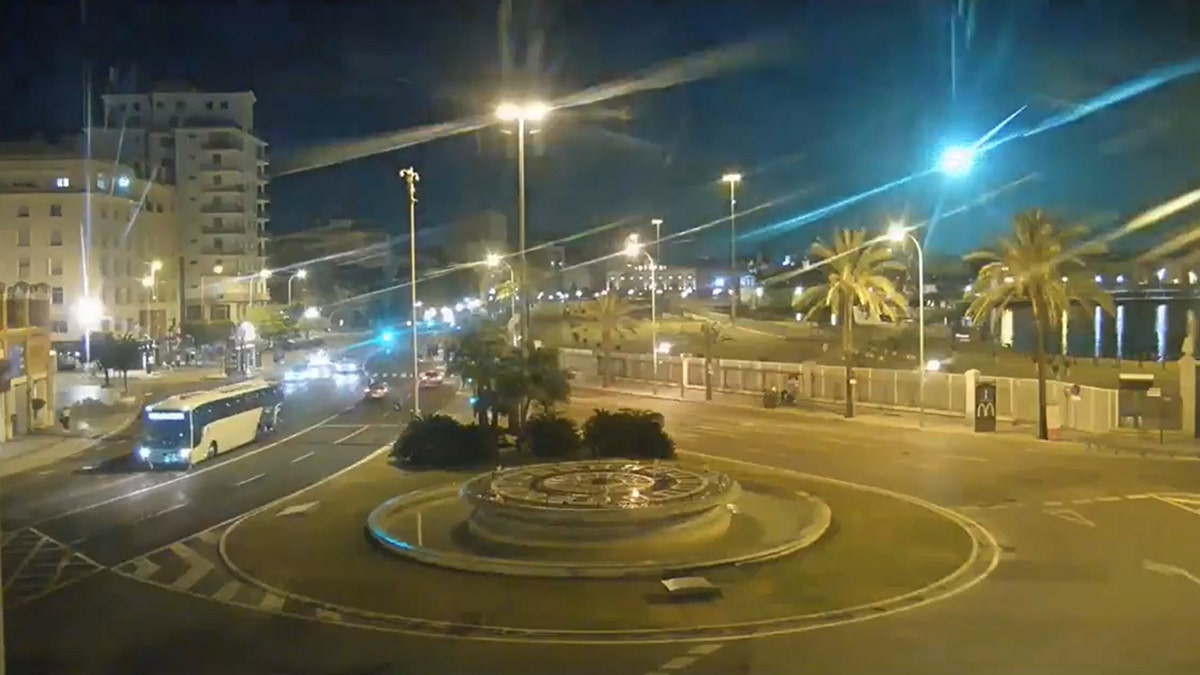
The blue fireball lit up Spain’s sky early in the morning May 19, 2024. (Ayuntamiento de Cadiz via Storyful)
“Short-period comets, also known as periodic comets, originate from a disk-shaped band of icy objects known as the Kuiper Belt beyond Neptune’s orbit, with gravitational interactions with the outer planets dragging these bodies inward, where they become active comets,” Space.com states.
Many on social media referred to what they witnessed as a “once in a lifetime sight,” according to news.com.au, with at least one joking, “That’s no meteor, that’s Optimus Prime.”
Fox News’ Mitch Picasso contributed to this report.
-

 World1 week ago
World1 week agoIndia Lok Sabha election 2024 Phase 4: Who votes and what’s at stake?
-

 News1 week ago
News1 week agoSkeletal remains found almost 40 years ago identified as woman who disappeared in 1968
-

 Politics1 week ago
Politics1 week agoUS Border Patrol agents come under fire in 'use of force' while working southern border
-

 Politics1 week ago
Politics1 week agoTales from the trail: The blue states Trump eyes to turn red in November
-

 World1 week ago
World1 week agoBorrell: Spain, Ireland and others could recognise Palestine on 21 May
-

 World1 week ago
World1 week agoCatalans vote in crucial regional election for the separatist movement
-

 World1 week ago
World1 week agoEurope matters to consumers, and so does your vote
-

 Politics1 week ago
Politics1 week agoNorth Dakota gov, former presidential candidate Doug Burgum front and center at Trump New Jersey rally

